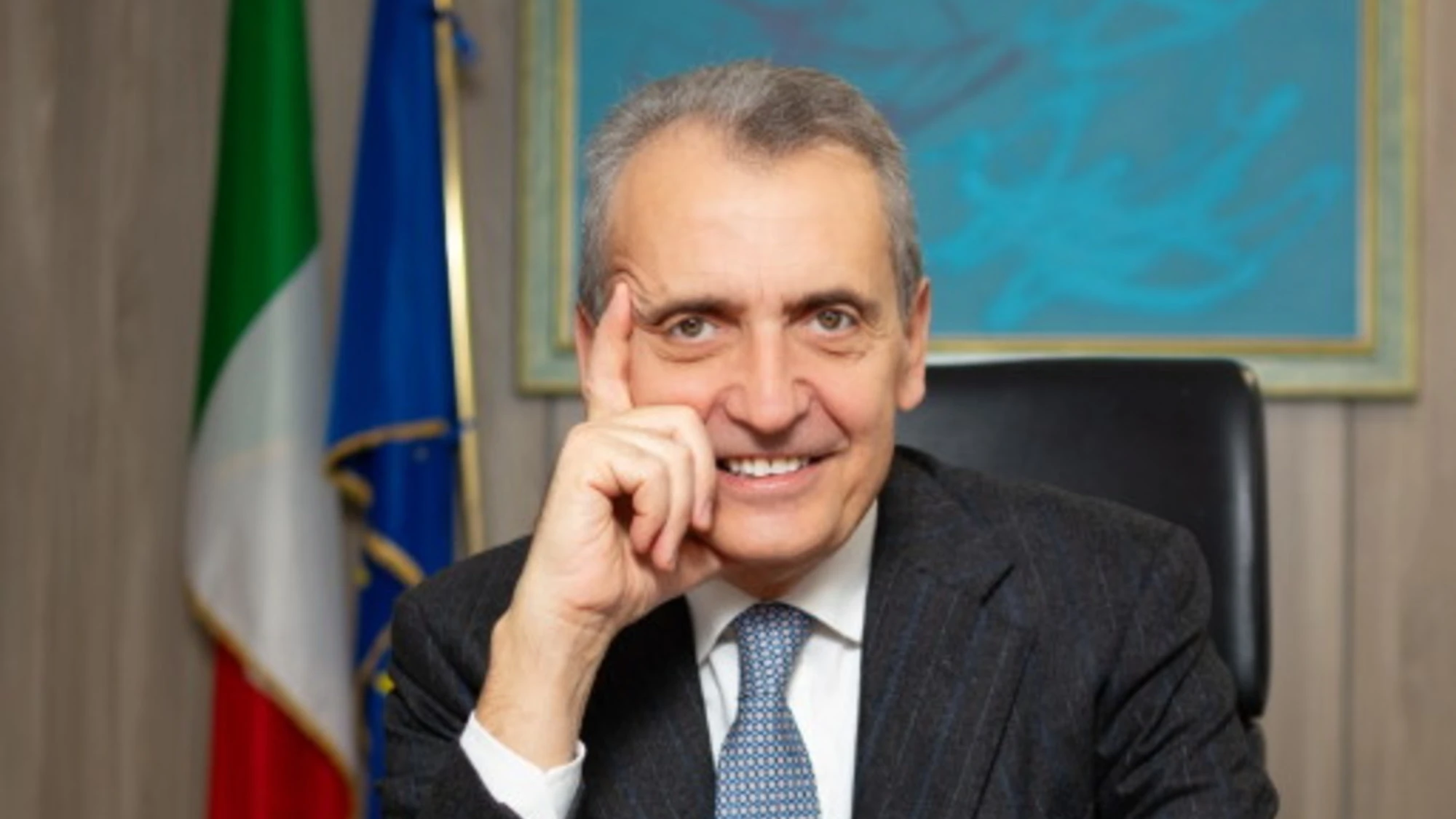- Released today, a new report based on research by the Economist Intelligence Unit (EIU) and sponsored by Pfizer Vaccines assesses why, despite the evidence supporting the medical and cost-saving benefits of preventative healthcare measures, consumers regularly choose not to adopt them.[1] Through interviews with leading international experts, the report reviews the psychological factors affecting consumer and patient decision-making, in relation to their health. The report addresses what policymakers, public health campaigners and healthcare professionals need to do to mitigate these influences, with a particular focus on vaccination. Report key findings and recommendations The Preventative care and behavioural science: the emotional drivers of healthcare decisions report considers the many factors influencing vaccination decision-making, as well as other preventative healthcare measures, through the lens of behavioural science and behavioural economics - the application of psychology to the decision-making processes of individuals and institutions. Key principles of behavioural economics have been reported to benefit healthcare management[2] and lend themselves to understanding and addressing 'non-rational' influences on vaccination decision-making. The report has been released on the back of a webinar hosted on the 4th July by Economist Events. A panel of multi-disciplinary experts came together to discuss the findings of the report and what needs to be done to ensure the opportunities presented by behavioural economics are recognised and applied across public health policy and campaigning, and during patient-doctor consultations. The webinar is available at: behaviouraleconomicsinhealthcare.economist.com. Action required on multiple levels The report concludes with what needs to happen to address the gap between preventative healthcare theory and practice, and applies this specifically to the challenge of increasing vaccination uptake. Prof Heidi Larson, Director of the Vaccine Confidence Project (VCP), London School of Hygiene and Tropical Medicine (LSHTM), UK concluded, "There is no single approach that will increase vaccination uptake among those who would benefit from it - multi-level interventions are needed appealing to people rationally, emotionally and taking into account prevailing cognitive biases. A broad range of stakeholders need to drive this charge." Professor Bonanni, Professor of Hygiene in the Faculty of Medicine, University of Florence, Italy said, "I would like to see a strong commitment from health authorities to promote vaccination among the elderly, and support healthcare professionals in their critical role. Healthcare professionals need to be educated on the principles of behavioural economics so they are able to apply them during their consultations with patients." Dr Douglas Hough, Associate Scientist & Associate Director, Master of Health Administration Program, Health Policy and Management, John Hopkins University, USA said, "If vaccinations do their job, no one notices - no one says, 'thank you because I'm not dead from small pox.' Balancing data with stories is key. Patients may be swayed by data but more likely a good story. I'd suggest doctors show pictures... aim to really bring it home to the patient or the patient's parent." Understanding cognitive bias One of the key findings of the report is that cognitive biases have an outsized influence on preventative healthcare decision-making. Amidst a daily barrage of healthcare messages, consumers often are left confused.[1] Two cognitive phenomena arising from the confusion are so-called 'omission bias' and the 'nocebo effect'. Report interviewee Dr Alice Forster of University College London describes 'omission bias' as 'the tendency to avoid making a decision when confronted with complex and contradictory information.' She describes a preference of patients, under conditions of uncertainty, to take no action rather than risk making the wrong decision. She notes that this phenomenon often influences parents' decisions about their children's vaccination: Parents say they would feel more at fault if their child were to have a negative reaction to a vaccination, than they would if their child were to contract an illness, such as measles, due to omitting the vaccination.[3] The 'nocebo effect' (opposite of 'placebo effect'), is a tendency to actually experience exaggerated side effects after having read or seen material that creates negative expectations.[4] Commenting on omission bias in the context of vaccination, Professor Paolo Bonanni says, "We need to help people understand that by making no decision, they are in effect deciding, whether for themselves or their child, and they're doing so in the least effective way." Emotional influences on decision-making Consumers often rely on the views of family and friends concerning medical matters in preference to medical advisors who may be better informed.[1] Research conducted by report interviewee Dr Chris Duke, Director, Center for Consumer Choice in Healthcare, Altarum Institute, USA, shows that when parents knew of families that had either positive vaccination experience or negative experiences with the targeted disease, they were more likely to accept vaccination for their own children.[1] The report concludes that one way to acknowledge this influence is to balance data and anecdotes - "use clear communication involving both data and anecdotes, and leave consumers room to relate the information to their own circumstances." [1] Practical, emotional and cognitive influences on doctor's decision making around vaccination Prof Heidi Larson said, "doctors themselves are not immune to emotional and cognitive influences on their decision-making. This is coupled with more practical considerations such as minimal training around vaccination, and how to deal with difficult patient conversations." Professor Bonanni said of the consequence of this lack of training, "Clinicians may be more likely to be affected by negative publicity around vaccination and can in turn, become part of the problem. If the clinician is not convinced of the value of vaccination, the patient will pick up on it - enter the power of non-verbal communication - a patient will respond differently to a 'soft' recommendation of vaccination than a strong recommendation. Doctors are not taught the principles of behavioural economics which would help them both understand and communicate with their patients. They learn on the job but it is difficult without being taught the foundations." NOTES TO EDITORS Vaccination has greatly reduced the burdens of infectious diseases[5] and offers cost-effective strategies[6]. Despite the evidence, there exists 'vaccination hesitancy' - the delay in acceptance or refusal of vaccines despite availability of vaccination services.[7] Vaccination refusal is an increasing challenge and threatens to jeopardize community protection against infectious disease.[8] 'Vaccine hesitancy' has also been found to exist among healthcare providers - their vaccine confidence and vaccination behaviour has been found to affect their vaccination recommendations to others.[9] For media enquiries please contact: Dervila Keane Media Relations, Pfizer Europe AfME Phone: +353-86-2110834 Email: Dervila.keane@pfizer.com





